By Samantha Campling
This year, the theme for International Women’s Day is #ChooseToChallenge. Carleton University is celebrating by sharing the stories of 17 leaders – students, staff and faculty members – who continue to challenge the status quo and push for better—a better community, a better Canada and a better world.
Winnie Ye
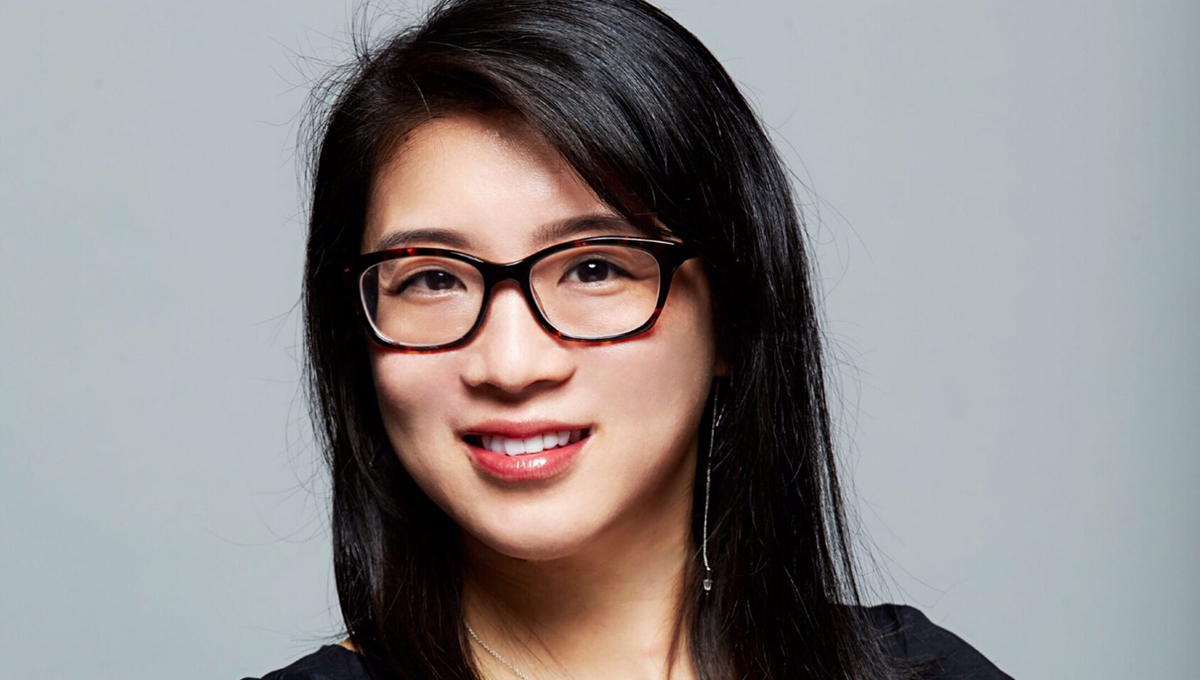
Prof. Winnie Ye
Prof. Winnie Ye is an engineering role mode in the Department of Electronics.
This past year she was awarded the 2020 Partners in Research (PIR) Technology and Engineering Ambassador Award for her work in silicon photonics and her dedication to STEM-based outreach initiatives.
In addition, Ye was appointed Chair of Women in Engineering’ (WIE) for the Institute of Electrical and Electronic Engineers (IEEE).
“Because I am the first and only female faculty member in the Department of Electronics, it’s very close to my heart to commit myself to increase the number of young women in engineering, while also encouraging them to pursue leadership positions,” says Ye.
She continues to make room for women in research by empowering them while conducting her own research on new-age technologies.
Yaprak Baltacıoğlu
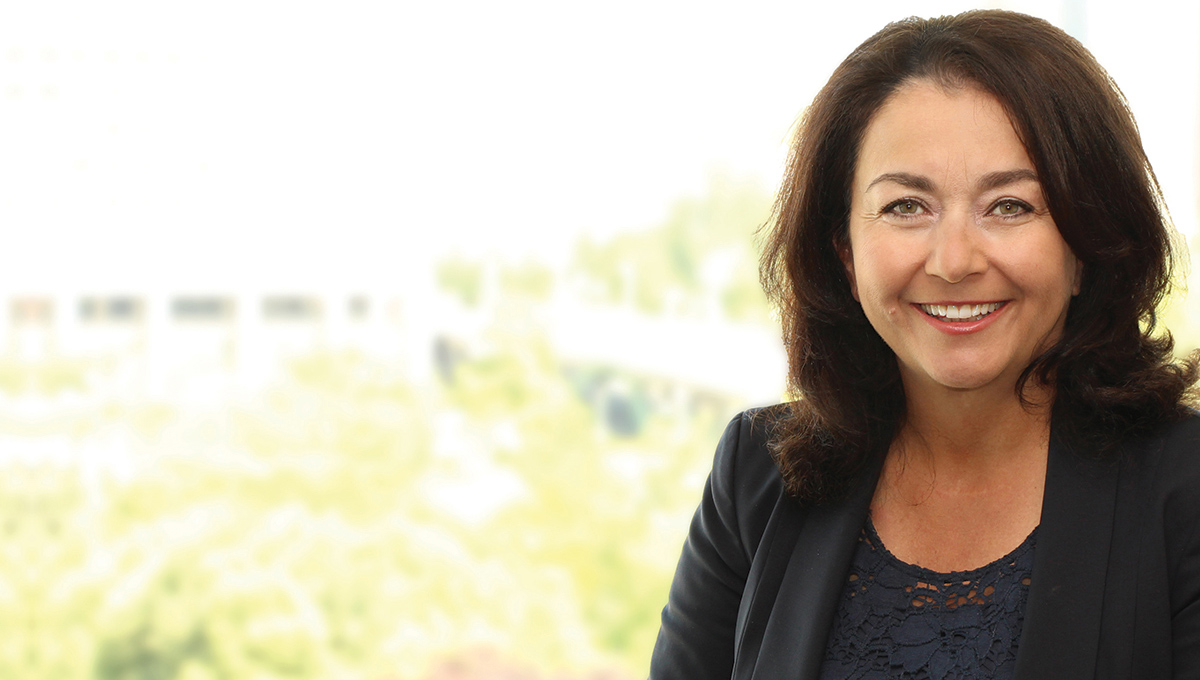
Carleton University Chancellor Yaprak Baltacioğlu
2020 proved to be a great year for Carleton Chancellor Yaprak Baltacıoğlu.
Not only was she reappointed to her role as chancellor for a second term, she was awarded the country’s highest honour, the Order of Canada, in December 2020 .
Born in Turkey, Baltacıoğlu has held many positions across the landscape of Canadian democracy since coming to Canada many years ago.
She’s received many awards along the way, including the Queen Elizabeth II Diamond and Jubilee medals.
Baltacıoğlu received a Bachelor of Laws degree from the University of Istanbul and a Master of Arts in Public Administration from Carleton in 1989.
“They gave me a degree, professional contacts and confidence, which is no small thing. They really supported me as a young woman,” she says of Carleton.
Nadine Powell
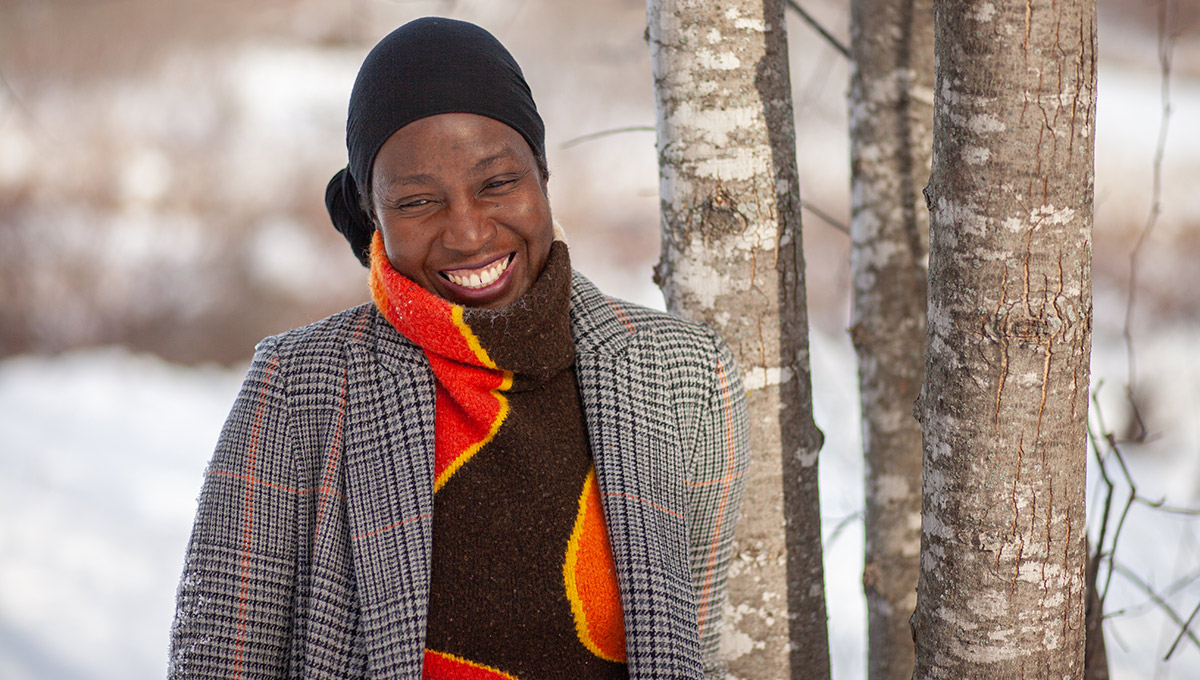
Nadine Powell
One constant in Nadine Powell’s career has been a desire to see where history is directly linked to the present.
Powell’s family moved from Jamaica to Manitoba and they enrolled her in elementary school. She went on to take a double major in Religious Studies and Conflict Resolution Studies at the University of Winnipeg, and completed bachelor’s and master’s degrees in Social Work at McGill University. She was intrigued by Carleton’s Migration and Diaspora Studies program and began her PhD in 2016.
“Understanding history is important for me,” says the Carleton Sociology PhD candidate.
“Having insight about the past helps to better understand the present, as well as the future.”
Her current research melds history to diaspora studies and race as she explores how food has played a role in the lives of Jamaican migrants. Powell is researching how food can express and communicate different things, how it can comfort and organize people, and how it can resist ideologies and overcome difficulties.
During the African slave trade — which lasted for more than 200 years in Canada until it was abolished in 1834 — enslaved women would sometimes braid seeds into their hair in order to grow their own food in the lands where they were forced to work after they were violently removed from their homelands.
“Seeing these forms of ingenuity and strength, these amazing little acts of survival and identity, shows us how people were still persisting and resisting,” says Powell.
Rawan Alkurd

Rawan Alkurd
Breaking down barriers is a specialty for 2020 graduate Rawan Alkurd.
Fascinated with gadgets since she was young, Alkurd earned bachelor and master’s degrees in electrical engineering in the United Arab Emirates.
“When AI and machine learning surfaced, I started reading about it and I became even more interested in these technologies,” Alkurd says.
She came to Carleton to gain knowledge and work on this research by doing a PhD in Electrical and Computer Engineering, Alkurd convinced other researchers that her idea of allowing network service providers to personalize the delivery of network services and guarantee a certain quality of service for high-priority usage was possible.
“The biggest challenge was that this idea was not defined; there was no solid background in the literature,” recalls Alkurd. “We eventually managed to convince them that this was real, not science fiction.”
She earned a Vanier Canada Graduate Scholarship in 2016 and was awarded a Senate Medal in 2020 for outstanding academic achievement.
On top of all these successes, Alkurd has secured two patents and is planning to launch a startup business.
Rylee Godin
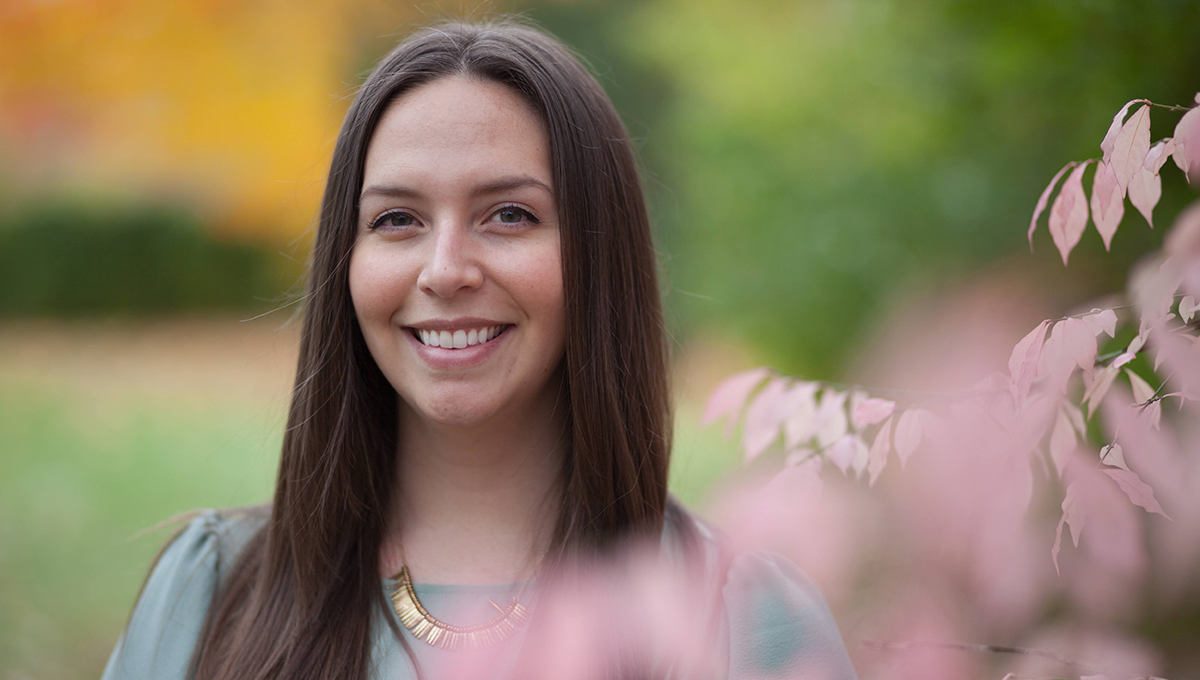
Rylee Godin
Rylee Godin provides a safe space for a particular group of students—those with an Indigenous background. She is currently an Indigenous Cultural Counsellor at the Centre for Indigenous Initiatives, but will be transitioning to a counselling role at Health and Counselling in summer 2021, where she will see both Indigenous and non-Indigenous students. She looks forward to bringing what she’s learned at the centre to her counselling role.
“It is really unique to have a connection to both counselling and the Centre for Indigenous Initiatives,” says Godin, who is Métis. “It allows me to work from frameworks that align with Indigenous ways of knowing.”
Godin recently received news that she received the 2021 Indigenous Practice Award from the Canadian Counselling and Psychotherapy Association.
This award honours excellence in advancing culturally-congruent counselling and psychotherapy services for Indigenous People in Canada. Each year, one recipient is selected from across the country.
“I am honoured to be the recipient of (this award),” says Godin, who is Métis. “I am incredibly passionate about supporting Indigenous students in achieving their goals and helping them connect with their strengths and resiliency, and advocating for the creation of safer spaces for Indigenous peoples.”
Receiving this award is a testament to how important this work is and an acknowledgement of both her passion and efforts, says Godin. Her unique role has allowed her to support students in new and creative ways.
Audrey Girouard
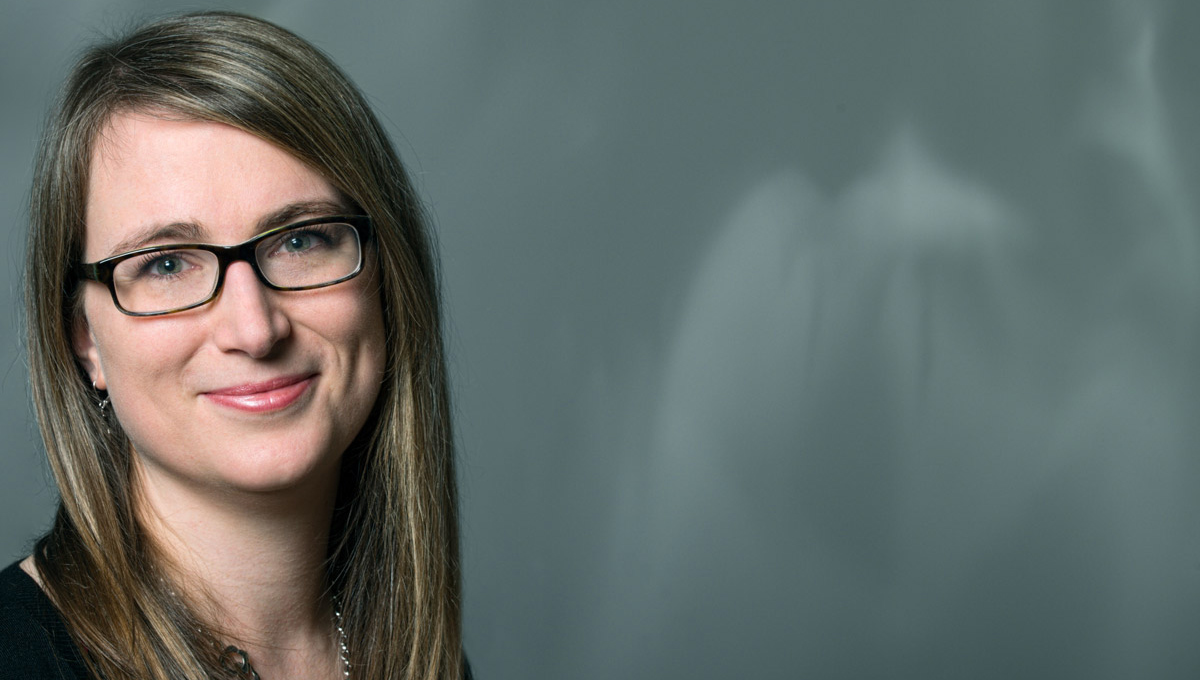
Prof. Audrey Girouard
Audrey Girouard is an innovator whose research may change how we use our phones and determine the accessibility of our modern devices.
Girouard, an associate professor in Carleton’s School of Information Technology, was awarded a 2019 CS-Can/Info-Can Outstanding Young Computer Science Research Prize. This award is given to leading researchers in Canadian university Computer Science departments who have completed a PhD within the last 10 years.
Girouard’s research centres on novel interaction techniques with emerging computer interfaces.
“It could make a computer game more engaging to play, allow you to squeeze your phone for notifications, or enable new ways to unlock your phone,” she explains.
This could also allow people with disabilities another way to unlock their phone.
“More tactile ways of interacting with devices can be useful for people with disabilities,” says Girouard. “People with vision impairments can face difficulties using a regular smartphone. Using screen readers or magnifiers in public make them wary of their information being stolen. They work well, but people can hear or look at your password at a distance. Bendable devices allow for more input options.”
Jennifer Brenning
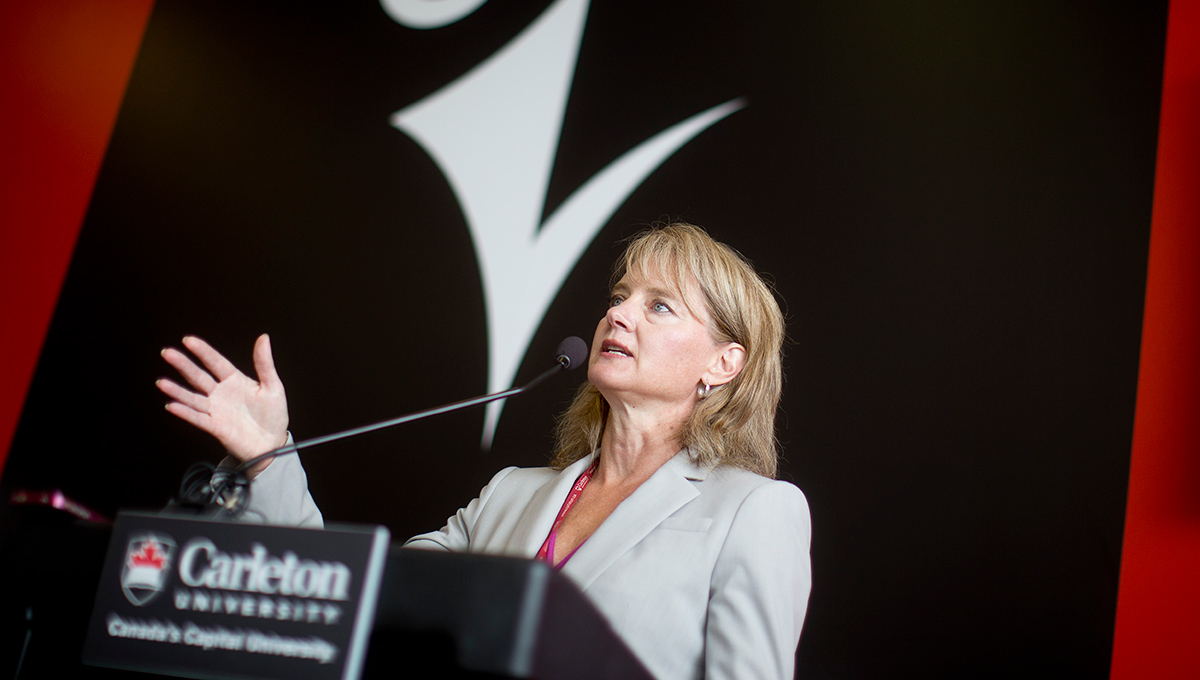
Jennifer Brenning
Carleton’s Assistant Vice-President (Athletics and Recreation), Jennifer Brenning, says there should be more space for women and people of colour in athletic leadership roles at universities across Canada.
“I think it’s very important that women take on these leadership roles and be role models, so other women can see them in those positions and say: ‘Okay, I can do that,’” Brenning says.
Diversity in these roles is also essential to bring different perspectives to the department and the school.
Brenning came to Carleton in 2005 after noting how committed the university was to equity and diversity and stayed after experiencing the support of the community.
Since the pandemic, Brenning and her team have been trying to find creative ways to keep students engaged, such as virtual classes and reducing the number of participants for in-person classes.
“We’ve been having to pivot and change,” Brenning says.
Frances Abele
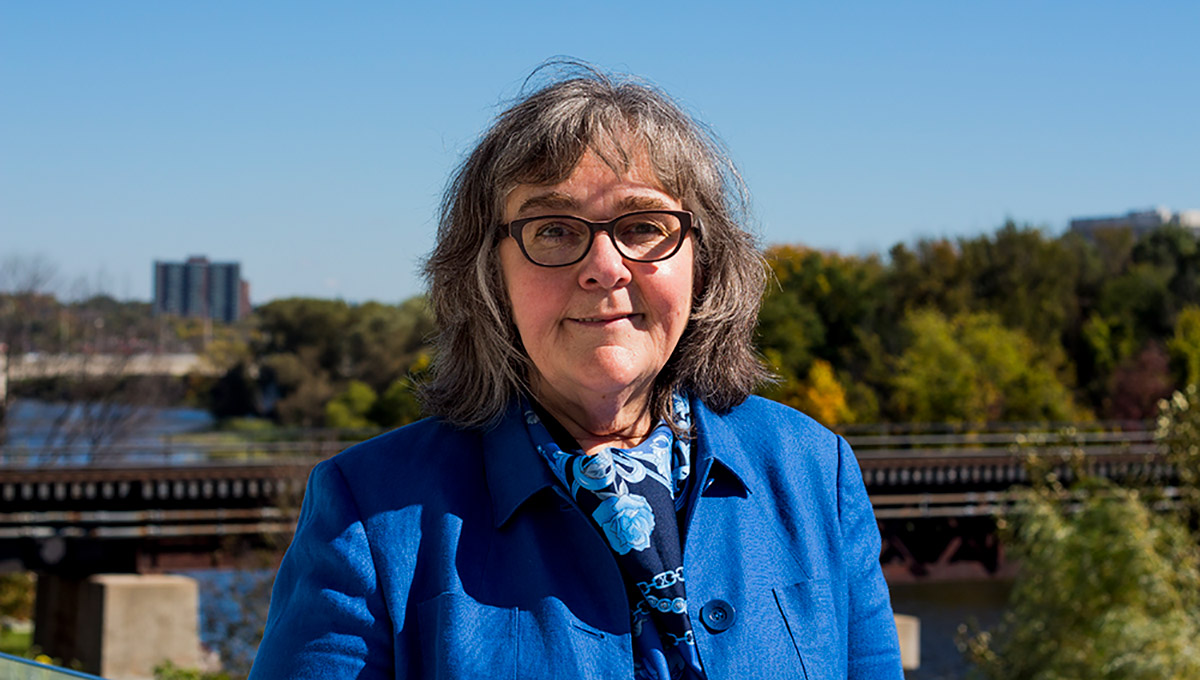
Prof. Frances Abele
“How can First Nations work free of Indian Act governance to become fully self-governing within Canada?”
That’s the question researcher Frances Abele and project manager Catherine MacQuarrie are asking with their project – Rebuilding First Nations Governance (RFNG) project. Co-founded by Wet’suwet’en Hereditary Chief of the Frog Clan, Satsan (Herb George), the project will receive $2.5 million over six years from the Social Sciences and Humanities Research Council (SSHRC).
RFNG is an alliance of First Nation communities and tribal councils with academic researchers and practitioners to put an end to Indian Act governance while finding ways that actualize the inherent right of First Nation peoples to self-govern.
“At the core of this partnership is the understanding that positive change away from the Indian Act must be led by First Nation communities,” says Abele.
“The academic and practitioner partners are taking their lead from First Nation priorities, and we build upon the experience of Satsan and his colleagues at the Centre for First Nations Governance.”
Lenore Fahrig
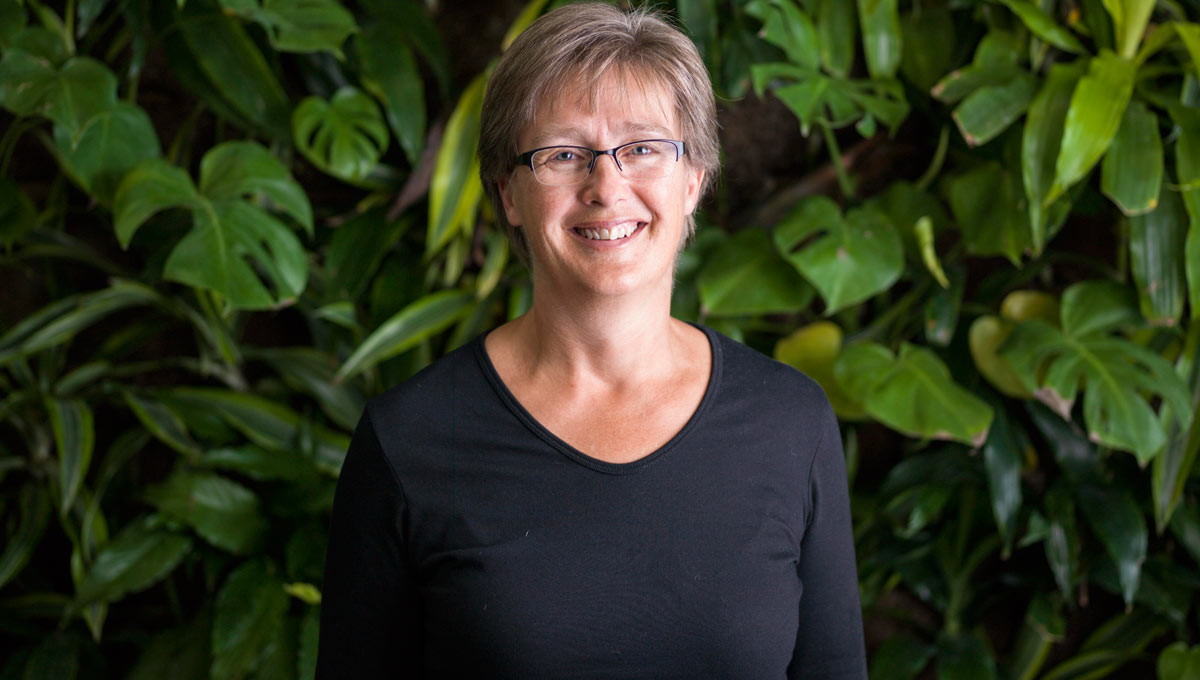
Prof. Lenore Fahrig
Biology Prof. Lenore Fahrig earned a place on the annual Highly Cited Researchers List from Clarivate Analytics in 2020.
Her research studies the effects of landscape structure on the abundance, distribution and persistence of organisms. Landscape structure includes the amounts of various kinds of land cover in a landscape (e.g., forest, wetland, roads), and their arrangement. It affects wildlife populations and is affected by human activities, such as agriculture.
Because of this, Fahrig’s research could impact and potentially change decisions about how land is used.
In 2018, Fahrig received the Miroslaw Romanowski Medal from the Royal Society of Canada.
Melanie Adrian
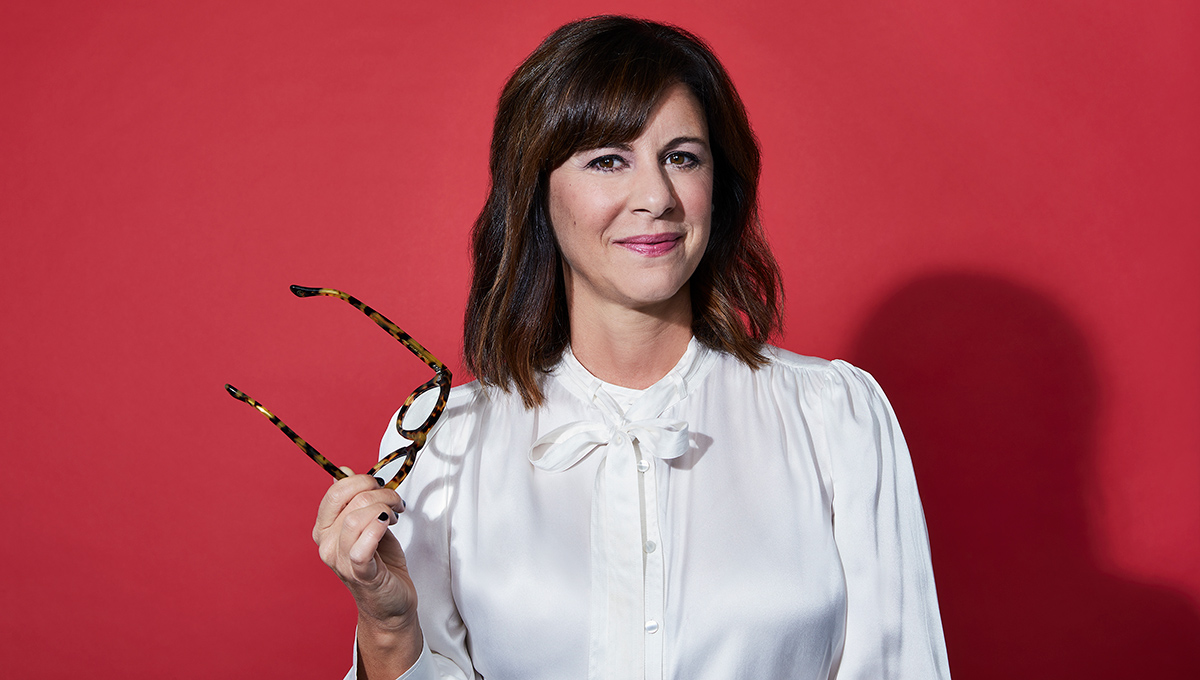
Prof. Melanie Adrian
Not only is Melanie Adrian a professor of Law and Legal Studies, she is also the co-founder of an organization that helps cancer patients navigate the medical system and a global leader in protecting vulnerable scholars. You can now add Order of Ontario recipient to that list.
Awarded to Adrian in January 2020, the order honours “individuals whose exceptional achievements have left a lasting legacy in the province, in Canada and beyond.”
As a co-founder of a Canadian section of the Scholars at Risk (SAR) Network, which supports academics who are at risk in their home countries, Adrian’s desire to help others shines through.
She has also been recognized as a dedicated instructor, winning numerous awards for her teaching excellence. She is the inaugural Chair in Teaching Innovation at Carleton, which is awarded to educators who have showcased excellence and innovation in their academic careers.
Yuhong Guo
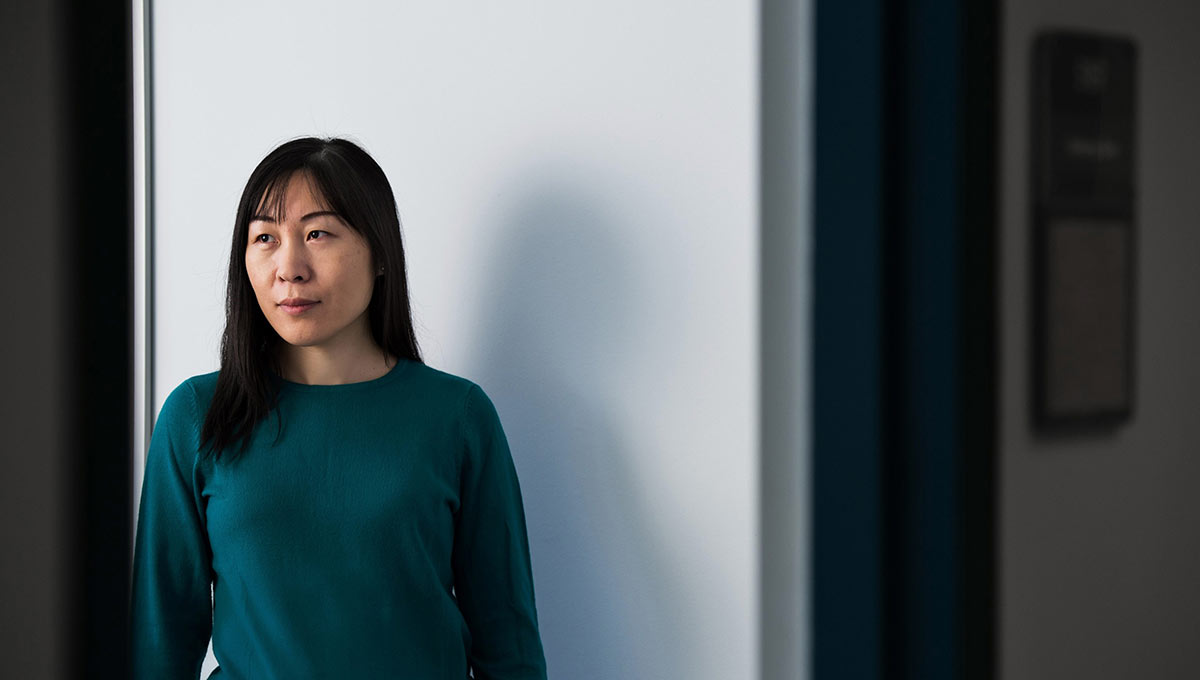
Prof. Yuhong Guo
A leader in Ottawa’s Artificial Intelligence (AI) community, Carleton’s Yuhong Guo earned national recognition when she was named to the Canadian Institute for Advanced Research (CIFAR) AI Chairs program.
“Being named as a CIFAR AI Chair is an incredible opportunity to continue collaborating with the brightest minds in the country while contributing to impactful research on a global scale,” says Guo.
A professor in the School of Computer Science, Guo helped establish research projects funded by the Natural Sciences and Engineering Research Council and the National Research Council that involve collaboration with industry and government organizations.
Guo’s primary area of research is machine learning.
Roslyn Dakin
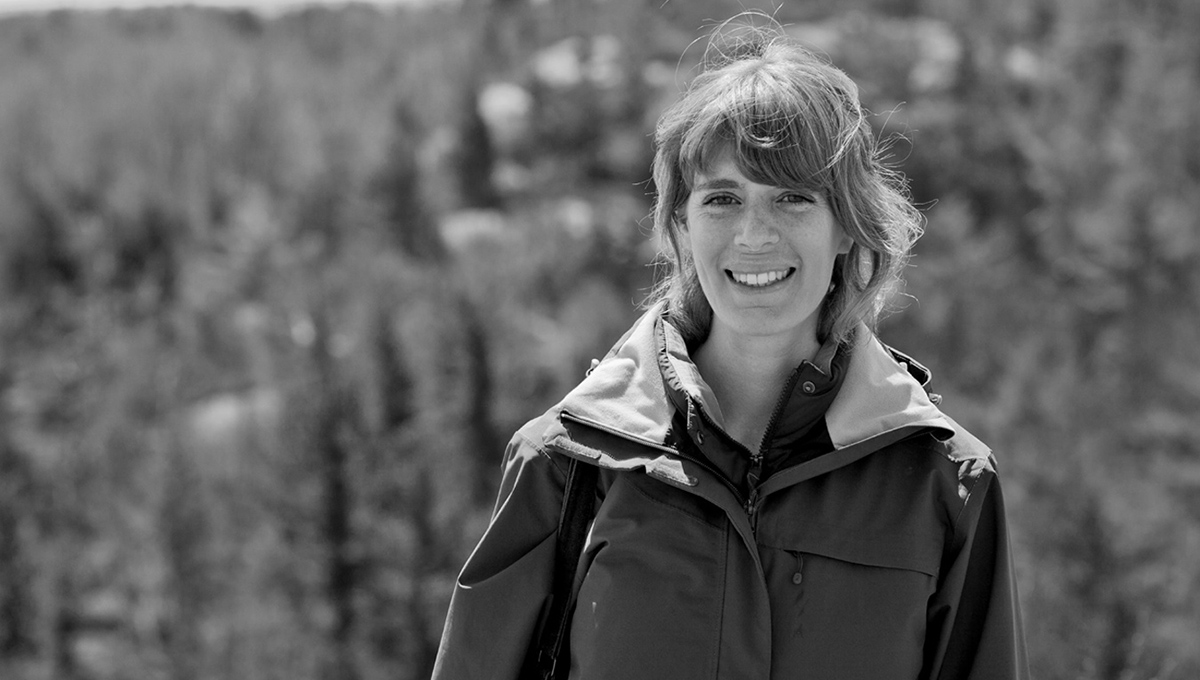
Prof. Roslyn Dakin
Roslyn Dakin, a professor in Carleton’s Department of Biology, was awarded the George A. Bartholomew Award from the Society of Integrative and Comparative Biology (SICB), which is the most significant award for young investigators in this field.
And that gives Dakin the opportunity to share her research in a special lecture at this year’s SICB conference.
“This was some great news,” says Dakin.
“This award gives me an opportunity to highlight our research on bird flight and behaviour to the broader scientific community. It’s hugely exciting and challenging to be featured in the virtual conference.”
Dakin’s current research is centred on investigating animal flights. The biology of flight has broad implications because animals can achieve agility that far surpasses what can currently be achieved technologically. The study of flight behaviour can also inform wildlife conservation for many declining aerial birds, bats and insects.
Patrice Smith
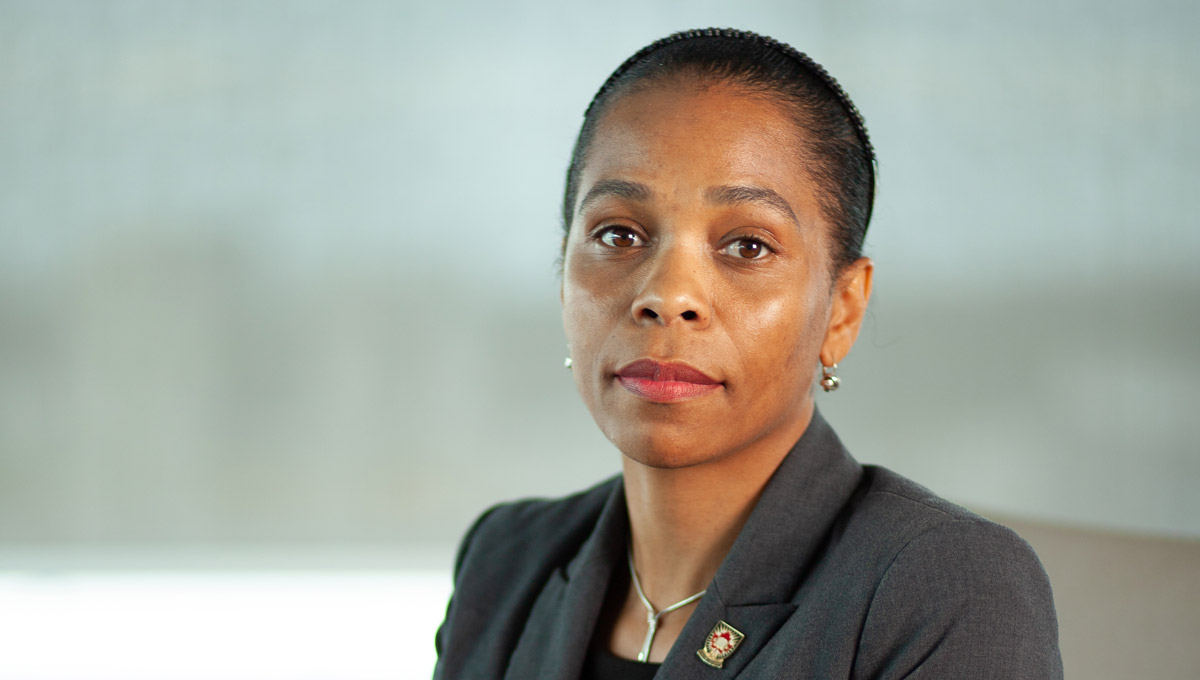
Patrice Smith
Patrice Smith didn’t have her sights set on academic leadership.
She was focused on her work as a neuroscientist, conducting research on how the brain responds to strokes, traumatic injuries and diseases such as Parkinson’s, and how we can promote central nervous system regeneration and recovery.
However, her time as president of the Carleton University Academic Staff Association (CUASA) and associate dean responsible for academic affairs in the Faculty of Science led Smith to become more engaged in university governance as an elected member of Carleton’s Board of Governors and Senate.
Then, when the university started looking for a new dean to helm the Faculty of Graduate and Postdoctoral Affairs (FGPA), the search led directly to Smith.
“One of the main reasons I took this job is because I think I can make a positive difference,” said Smith.
“There’s so much potential in our students, and I believe that my perspective can add value to what Carleton has to offer them.”
Jennifer Conley
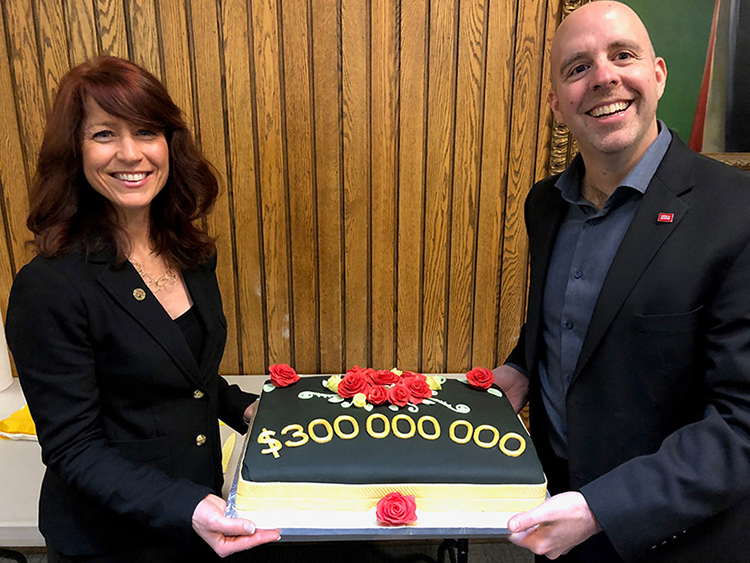
Chief Advancement Officer Jennifer Conley and President Benoit-Antoine Bacon celebrate reaching and surpassing the Collaborate Campaign’s $300 million goal in April 2019.
A leader within the Carleton community and beyond, Chief Advancement and Community Liaison Officer, Jennifer Conley, was awarded an Ottawa Businesswoman of the Year Award in the organization category from the Women’s Business Network of the National Capital Region.
Conley, who has been with Carleton for almost 10 years, was appointed chief advancement officer and president and CEO of the Carleton University Foundation in 2014.
Since then, she’s exceeded campaign objectives for both the Here for Good and Collaborate campaigns.
Conley works to establish new relationships and partnerships for the Carleton community in service of academic and research missions. Since graduating with a Master of Philanthropy and Nonprofit Leadership (MPNL) in 2019, Conley now serves as an instructor in the MPNL program.
Dani Sinclair
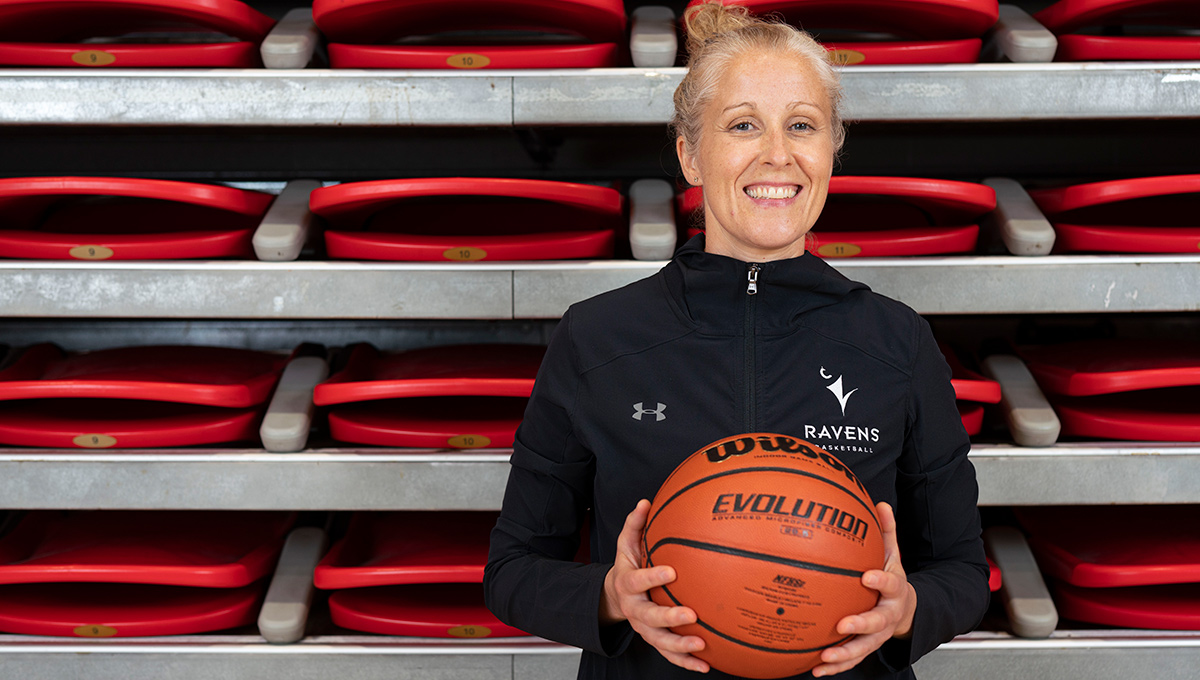
Coach Dani Sinclair
Dani Sinclair was announced as the new head coach of the women’s basketball team in a year like no other. Since taking the helm in spring 2020, games and scrimmages have been limited by government restrictions.
While this has impacted her first months as Carleton’s first woman head basketball coach, Sinclair is eager to get her team on the court.
“It’s a good fit for me because I’m also pretty intense as a coach,” says Sinclair, who comes to Carleton as a former championship player and head coach of the champion University of Victoria Vikes.
“I have experience working in a program where there were extremely high expectations not just of success, but of working hard to earn success.”
With the lack of scrimmages and the shortened practice time, Sinclair says she’s been focusing on fundamentals of the game—ball handling, shooting and passing.
Jenny Bruin
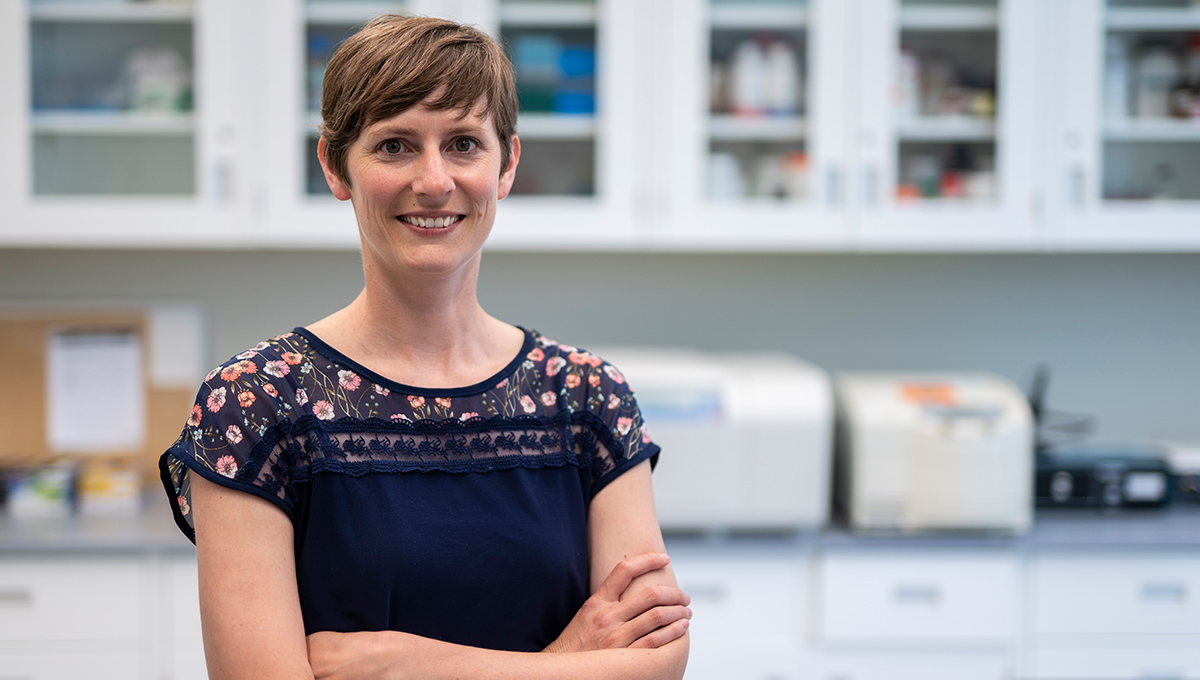
Prof. Jenny Bruin
Jenny Bruin, an assistant professor in the Department of Biology and Institute of Biochemistry, is part of a team of researchers working toward a treatment that could reverse Type 1 diabetes.
The team was awarded a five year, $3 million grant from the Canadian Institutes of Health Research (CIHR) and JDRF Canada to develop this groundbreaking therapy that transplants insulin-secreting cells derived from stem cells into patients with Type 1 diabetes.
“If we can understand what is functionally missing at a genetic level, then it should be possible to target those gaps and activate the key pathways that are missing,” says Bruin.
Bruin’s role in the research is to identify how common contaminants and pollutants could be affecting the maturation process.
This could also help people living with Type 2 diabetes, but that’s not the primary hope for this research.
“Our primary goal is to learn how to generate fully mature beta cells from stem cells for treating patients with Type 1 diabetes,” says Bruin.
Manuella Vincter
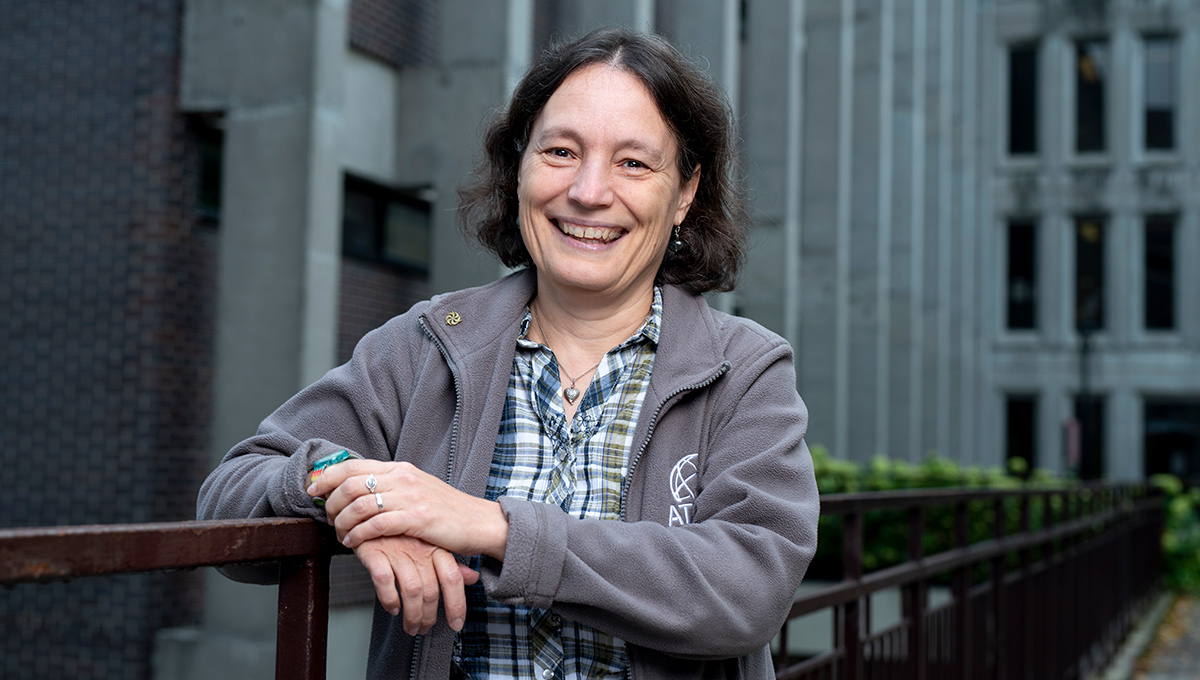
Prof. Manuella Vincter
Carleton’s Manuella Vincter, a professor in the Department of Physics, was reappointed as deputy spokesperson for ATLAS at CERN, the European organization for nuclear research. Serving as a deputy for two different spokespeople is a first for the organization.
Vincter says her decision to pursue science as a career was easy as she’s been interested in STEM courses since she was young.
“The kind of person that inspires you and is passionate about what they’re teaching. It made all the difference,” she says.
Vincter plays a key role in the ATLAS experiment, which is a particle physics endeavour that uses high-energy proton collisions from the Large Hadron Collider (LHC) to reproduce conditions of the early universe less than a billionth of a second after the big bang. She manages technical aspects of the project, while also thinking of the human factors of it all.
“We’re working to create an environment that accomplishes the scientific mission, but also recognizes and supports the next generation of scientists,” she says.
Sunday, March 7, 2021 in Community, Leadership
Share: Twitter, Facebook



